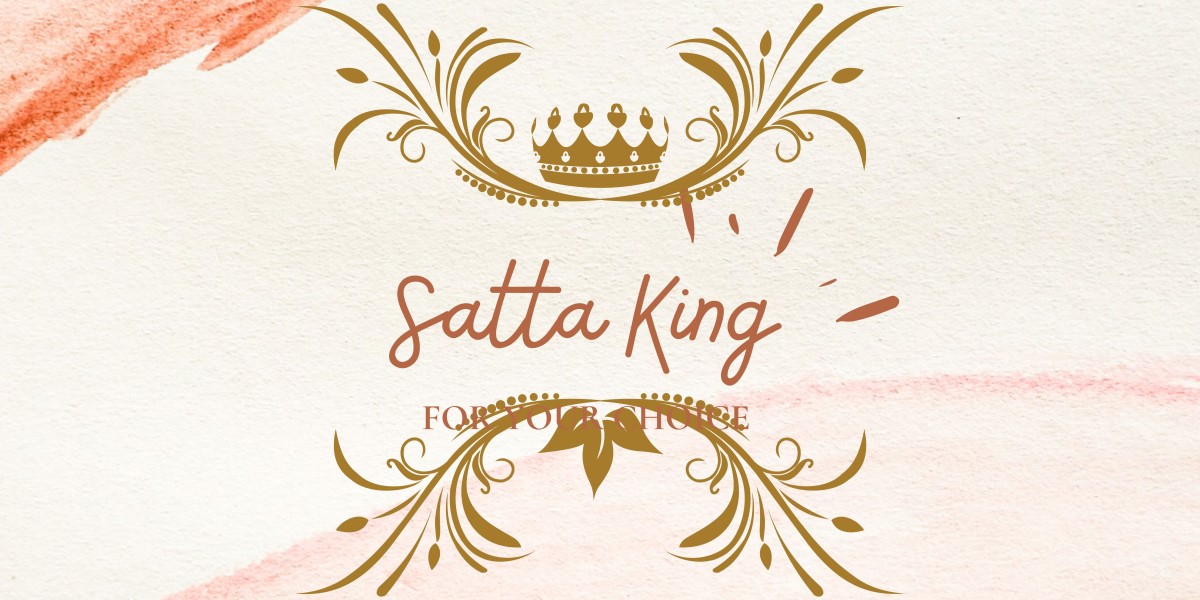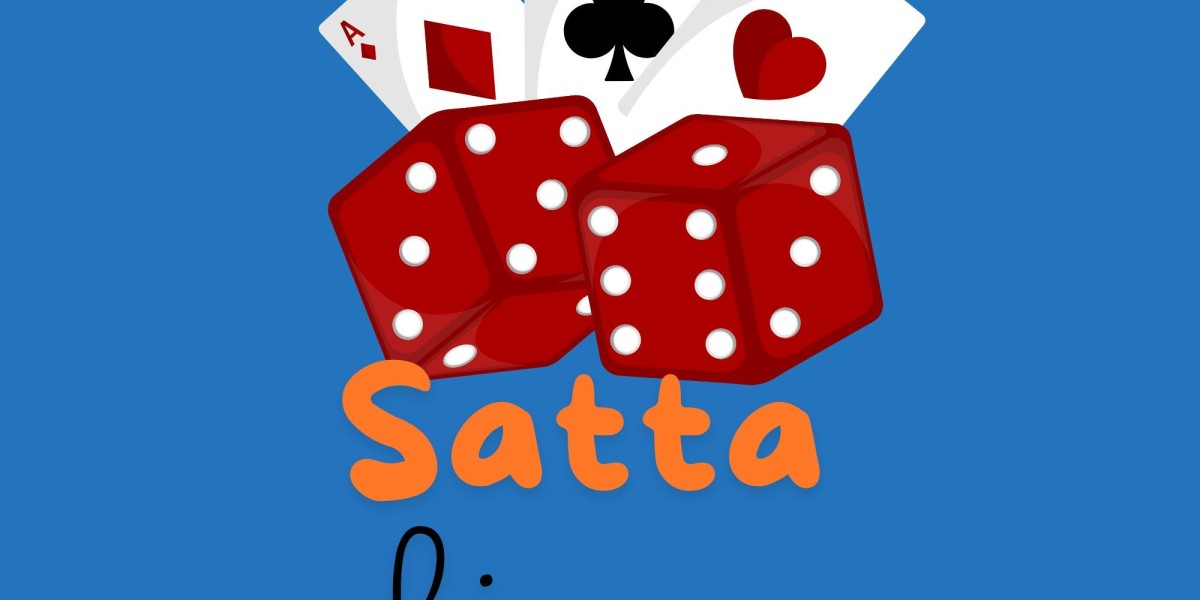Exploring the Rich Tapestry of Gaming Culture
India, a land of diverse cultures and traditions, boasts a rich tapestry of games that have evolved over centuries. From the ancient board game of Pachisi to the modern-day phenomenon of Poker, Indian gaming culture has undergone a fascinating journey of adaptation and innovation. Amidst this vast landscape of games, one term that has persisted through time is Satta King, embodying the spirit of chance and fortune that permeates many traditional and contemporary games.
The Origins of Gaming in India
The roots of gaming in India can be traced back to ancient times, with archaeological evidence suggesting that board games like Pachisi were played as early as the 4th century BCE. Pachisi, also known as the "Royal Game of India," involved strategic movement of pieces on a cross-shaped board and was often associated with themes of military strategy and royal court intrigue. This game, with its intricate rules and social significance, laid the foundation for many other traditional Indian games.
Traditional Games: Reflecting Cultural Heritage
Traditional Indian games are deeply intertwined with the cultural fabric of the country. Games like Chaupar, played with dice and cowrie shells, and Kabaddi, a physical contact sport, have been cherished for generations, offering not only entertainment but also promoting social bonding and physical fitness. These games often carry symbolic meanings, reflecting values such as bravery, teamwork, and spiritual devotion.
The Rise of Modern Gaming
In recent decades, India has witnessed a surge in modern gaming, fueled by technological advancements and globalization. Card games like Teen Patti and Rummy have gained immense popularity, both in physical gatherings and online platforms. These games blend elements of skill and chance, attracting players from all walks of life and contributing to the vibrant gaming subculture in the country.
The Influence of Satta King
Amidst this evolving gaming landscape, the term Satta King holds a special place. Originating from the Hindi word "Satta," meaning gambling or betting, and "King" denoting supremacy, Satta King represents the allure of high-stakes gaming and speculative fortune. While gambling is often viewed with skepticism due to its association with addiction and financial risks, it remains an integral part of Indian gaming culture, with a complex socio-economic ecosystem surrounding it.
Navigating Legal and Ethical Considerations
The legality and ethics of gaming, particularly gambling, have been subject to ongoing debate and regulation in India. While certain forms of gambling are explicitly prohibited under the Public Gambling Act of 1867, others fall into a legal gray area or are regulated by state laws. This complex legal framework poses challenges for both policymakers and players, necessitating a balance between fostering responsible gaming practices and addressing potential societal harms.
The Future of Gaming in India
As India continues to embrace technological innovation and cultural exchange, the future of gaming in the country appears dynamic and promising. From the proliferation of mobile gaming apps to the emergence of esports as a mainstream phenomenon, Indian gamers are exploring new avenues for entertainment and competition. Additionally, initiatives to promote indigenous games and revive traditional sports highlight a growing appreciation for the heritage and diversity of India's gaming traditions.
Conclusion
From the ancient board games of Pachisi and Chaupar to the modern-day craze of Poker and Teen Patti, gaming in India has evolved in fascinating ways, reflecting the country's rich cultural heritage and embracing technological advancements. Amidst this diversity, the term Satta King serves as a reminder of the enduring allure of chance and fortune in gaming culture. As India navigates the complexities of legal and ethical considerations surrounding gaming, the future promises exciting opportunities for innovation and growth, ensuring that the spirit of play continues to thrive across the subcontinent.









